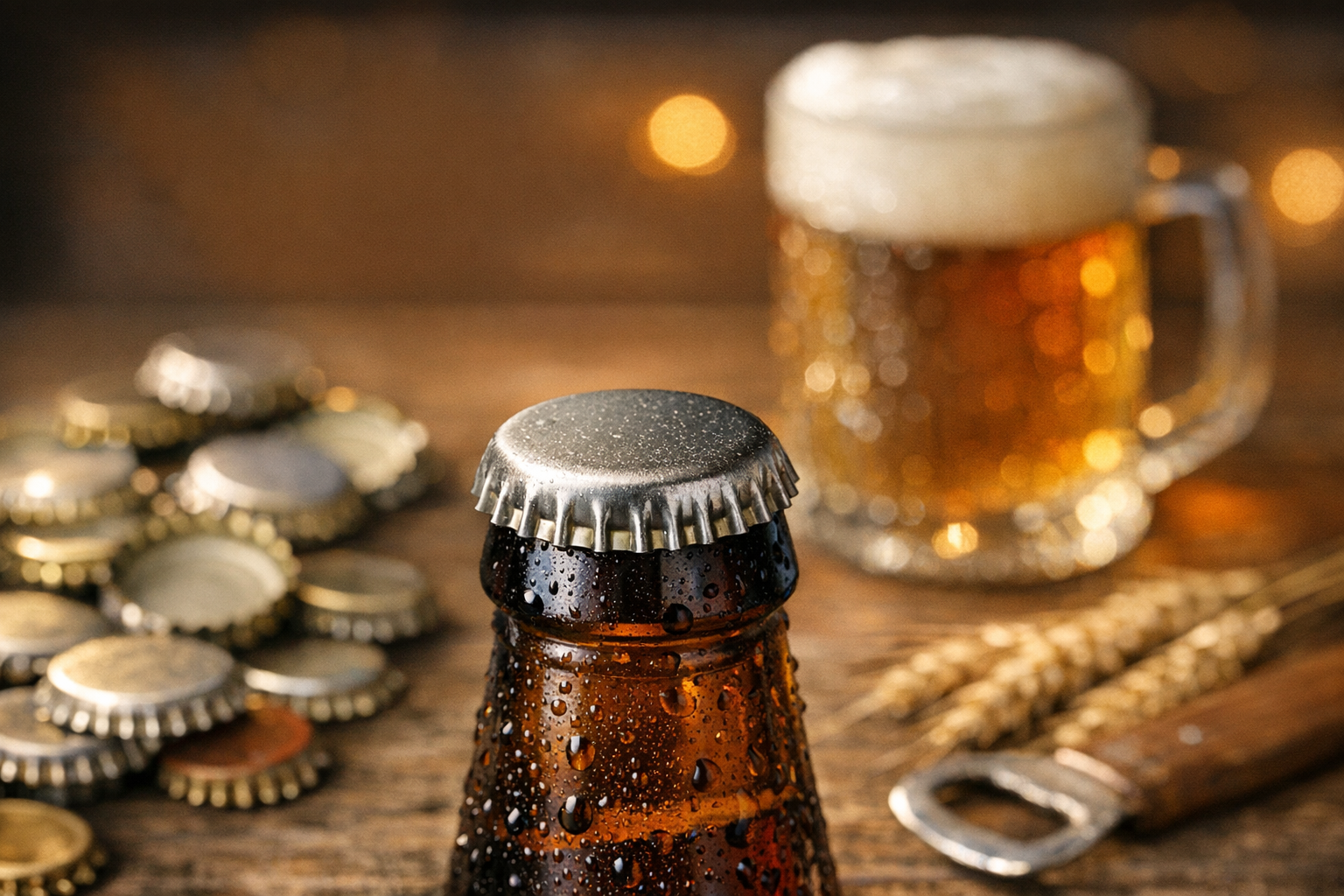Is your child hooked to social media? It's time for some necessary intervention, if you do not want your child to develop unhealthy eating habits. If the findings of a latest study published in Pediatrics is to be believed celebrity endorsement and television advertising of unhealthy foods increases children tendency towards unhealthy food.The University of Liverpool research said it is critical to monitor children's exposure to such digital avenues. Effect of exposure to social media, and the impact of marketing by YouTube video bloggers (vloggers) on these outcomes was not so clear until very recently.
According to a new report by Ofcom children in the UK now access social media more than ever before. Approximately 93 per cent of 8-11-year-olds go online, 77 per cent use YouTube and 18 per cent have a social media account. In older children (12-15-year-olds), 99 per cent go online, 89 per cent use YouTube and 69 per cent have a social media account. Both age groups watch YouTube vloggers. PhD student Anna Coates, from the University's Appetite and Obesity research group, conducted a study to examine the effect of social media marketing of snack foods (healthy and unhealthy), via vloggers' Instagram pages, on children's snack intake.
For the study, the team analysed 176 children aged between 9 and 11 years. They were randomly split into three equal groups. They were shown artificially created but realistic , Instagram pages of popular vloggers. One group was subjected to images of the vlogger with unhealthy snacks, while the second group was shown images of the vlogger consuming healthy snacks. The third group was shown images of the vlogger with non-food products.
The team measured the participants' subsequent intake of snacks (healthy and unhealthy options) and the findings were very telling. The study suggested that children in the group who happened to view unhealthy snack images consumed 32 per cent more kcals from unhealthy snacks specifically and 26 per cent more kcals in total (from healthy and unhealthy snacks) as compared to children who saw the non-food images.
Speaking about the study Anna Coates, said, "These findings suggest that the marketing of unhealthy foods, via vloggers' Instagram pages, increases children's immediate energy intake. The results are supported by celebrity endorsement data, which show unhealthy food endorsements increase children's unhealthy food intake but healthy food endorsements have little or no effect on healthy food intake." Coates further added, "Young people trust vloggers more than celebrities so their endorsements may be even more impactful and exploitative. Tighter restrictions are needed around the digital marketing of unhealthy foods that children are exposed to, and vloggers should not be permitted to promote unhealthy foods to vulnerable young people on social media."
(With inputs ANI)










